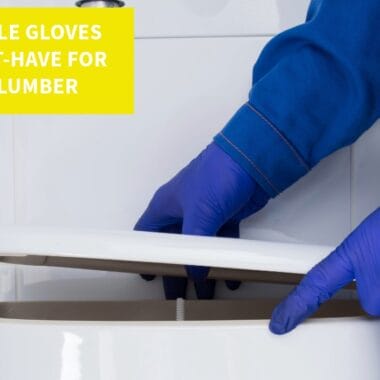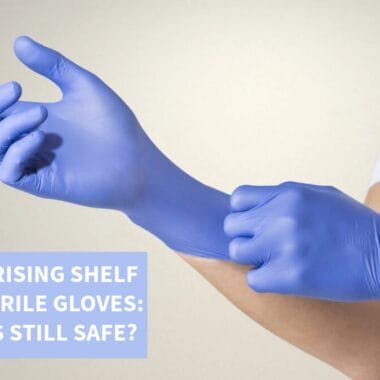What is Medical Waste Disposal?
Medical waste disposal refers to the process of safely handling, treating, and discarding waste generated by healthcare facilities, such as hospitals, clinics, laboratories, and dental offices. This waste includes materials that may be infectious, hazardous, or biohazardous, such as used needles, syringes, contaminated PPE, blood-soaked dressings, and pharmaceuticals. Proper medical waste disposal is crucial for preventing the spread of infections, protecting public health, and maintaining a safe environment for healthcare workers and patients.
Why is Medical Waste Disposal Important?
Medical waste can contain infectious pathogens, hazardous chemicals, and other harmful substances that pose risks to human health and the environment. Without proper disposal methods, these materials can lead to contamination of soil, water, and air, potentially spreading diseases or creating public health crises. Additionally, healthcare workers, waste handlers, and the general public are at risk of exposure to dangerous pathogens if medical waste is not handled correctly.
Regulatory bodies such as the Environmental Protection Agency (EPA) and the Occupational Safety and Health Administration (OSHA) have strict guidelines to ensure that medical waste is properly segregated, treated, and disposed of in a manner that minimizes these risks.
Types of Medical Waste
- Infectious Waste: This includes waste that contains pathogens capable of spreading infections, such as blood, body fluids, contaminated gloves, gowns, and surgical instruments.
- Sharps Waste: Used needles, scalpels, and other sharp objects fall into this category. Improper disposal of sharps can lead to injuries and transmission of bloodborne diseases like HIV or hepatitis.
- Pharmaceutical Waste: Expired or unused medications, as well as chemicals used in medical treatments, require careful disposal to prevent environmental contamination and accidental exposure.
- Chemical Waste: This includes disinfectants, solvents, and other chemicals used in healthcare that must be disposed of according to hazardous waste guidelines.
Medical Waste Disposal Methods
- Incineration: A common method for destroying infectious and hazardous medical waste by burning it at high temperatures. This is often used for sharps and biohazardous materials.
- Autoclaving: A sterilization process using steam and pressure to neutralize infectious agents before disposal in landfills.
- Chemical Treatment: Some types of waste are treated with chemicals to render pathogens inactive before being disposed of safely.
- Specialized Waste Disposal Services: Many healthcare facilities partner with certified medical waste disposal companies that collect, treat, and dispose of waste in compliance with local, state, and federal regulations.
Conclusion
Medical waste disposal is a critical component of healthcare safety and environmental protection. Properly managing and disposing of medical waste ensures that infectious and hazardous materials are safely treated, minimizing the risk of disease transmission and environmental contamination. Through adherence to strict disposal protocols and regulatory guidelines, healthcare facilities can protect workers, patients, and the public while maintaining compliance with legal standards.
« Back to Glossary Index

















